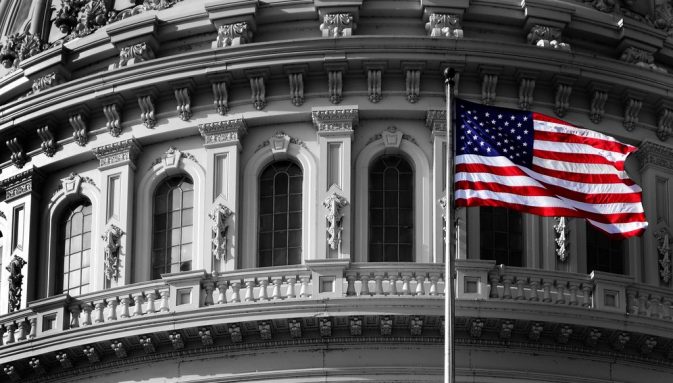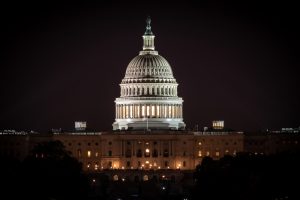How Does the Phase 2 Relief Package Impact Small Businesses?

(Updated April 1, 2020)
Congress and the Trump administration have passed and signed into law three separate legislative packages intended to address the coronavirus outbreak and associated economic consequences.
The provisions included in Phase 2, called The Families First Coronavirus Response Act, aim to ensure those who test positive for the coronavirus or are displaying symptoms are able to stay home without financial consequences. The move also helps limit the spread of the virus to coworkers–keeping the small business community healthier.
More specifically, the legislation provides employees of businesses with fewer than 500 workers two weeks of paid sick and emergency leave if they are directly affected by the coronavirus. Although the benefit is provided by employers initially, the federal government will reimburse 100 percent of the extra expenses through tax credits. Small businesses with fewer than 50 employees—which might be hard-pressed to provide the benefits upfront—can apply for an exemption.
The rule is set to expire December 31, 2020.
For clarification around the paid sick and emergency leave policy–especially for small businesses–read guidance from the Department of Labor.
Question: If I decide to shutdown my business and compensate employees with paid leave, will I be able to access the tax credit and apply for forgivable loans through the Paycheck Protection Program (PPP)?
Answer: The short answer is no. Tax credits through the Families First Coronavirus Response Act are only available for businesses with employees who are directly impacted by the coronavirus. Moreover, loans available through the PPP are only forgivable if a businesses keeps full-time staffing levels.
Learn more about how small businesses can benefit from legislative efforts amid the public health emergency here.




